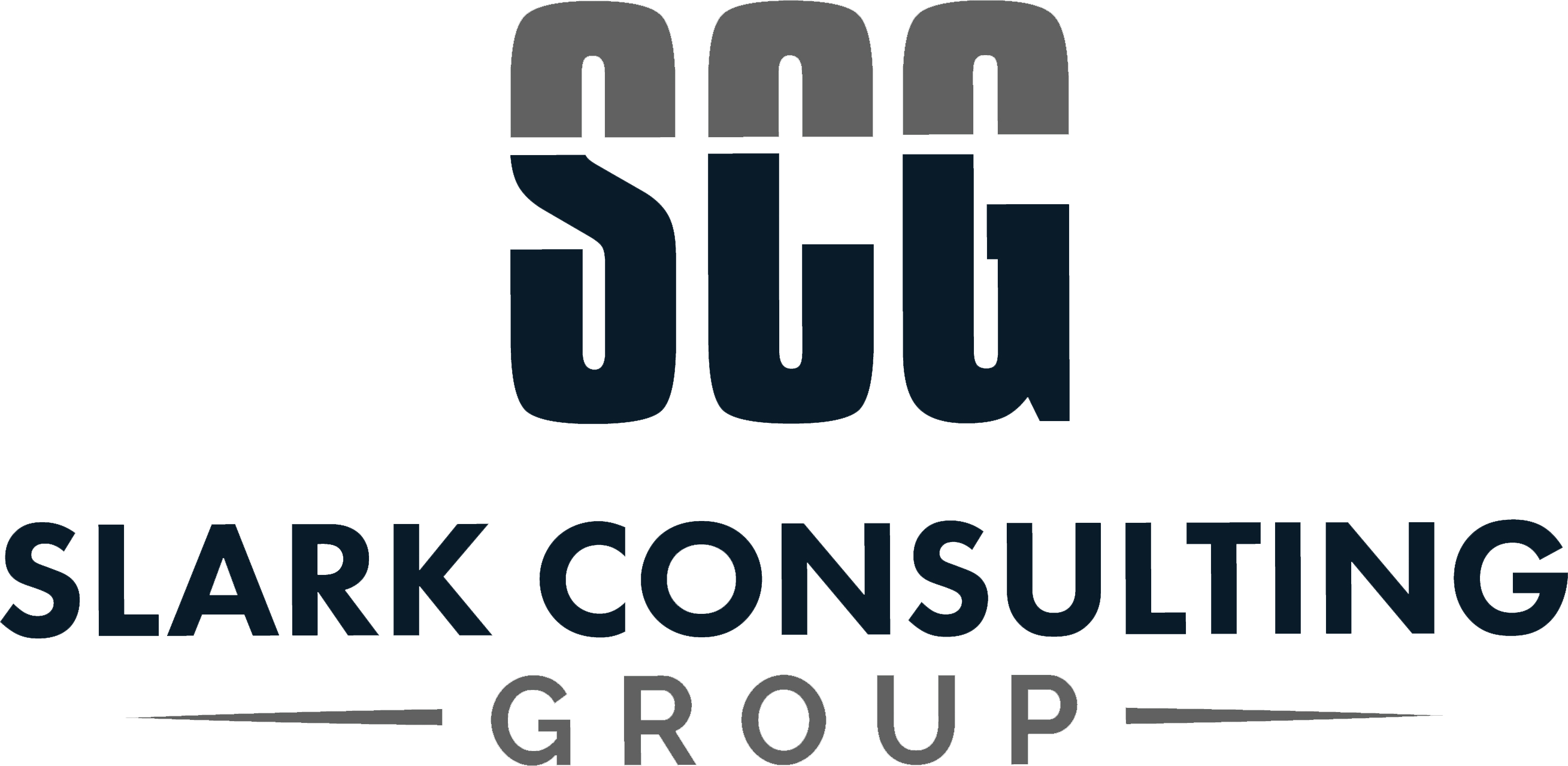“Feeling a bit discouraged this morning!”
I remember writing this line in a past journal entry, and I remember all the emotions that went along with it. I was mentally exhausted!
I worked day and night to establish my new consulting business, develop my service offerings, determine a marketing strategy, build a sales process, fill my client pipeline, and do one hundred other things.
I wasn’t at a place of defeat; I wasn’t ready to quit or throw in the towel. On the contrary, I believed in the business and its mission, but I was out of mental and physical bandwidth, a temporary state of exhaustion!
I am not alone, as work-related stress has risen since 2009.
An article in CNBC Make It reports that 57% of U.S. and Canadian workers reported feeling stress on a daily basis, up by eight percentage points from the year prior and compared with 43% of people who feel that way globally, according to a 2021 Gallup report.
To be honest, that day wasn’t the last time I felt that exhaustion in my entrepreneurial journey, but I am learning how to recognize, prevent, and deal with it; here are three strategies I routinely use to deal with fatigue.
- Sometimes you have to persevere.
Face it; there are times you can’t escape it. There is work to be done, deadlines to meet, and people depending on us. And the only strategy is to persevere.
Persevere defined: “Continue in a course of action even in the face of difficulty.” Oxford’s Languages
Don’t forget the Postman’s Oath “Neither snow nor rain nor heat nor gloom of night stays these couriers from the swift completion of their appointed rounds.”
- Sometimes you have to step away.
I implement this strategy when I recognize I’m neglecting the things that please me, like making time for relationships, exercising, sleeping, or eating correctly. Sometimes you have to step away!
Studies show that overworking has many downsides.
Working too hard routinely over a long period of time can lead to serious illness or even death. Researchers have found that overworking routinely makes you become significantly less productive.
Stepping away is essential. Don’t forget what matters.
- Find a mentor.
Having a family member, close friends, or partners we can talk to is priceless, but sometimes the help they offer isn’t exactly well helpful. Having a trusted advisor is beneficial for these situations. My advisor serves three different purposes.
1. Mentors are neutral. They don’t get tangled up in relational matters, and they can see situations with the clarity of an outsider.
2. Mentors bring a different perspective. It is so hard to see another point of view when we are in the middle of a situation. An advisor can help us gain a different perspective by asking great questions.
3. Mentors are active listeners. Many people process information and make decisions by talking through them, and having an advisor acting as a sounding board is critical to their thought process. Secondly, knowing we have been heard and understood makes us feel regarded and respected.
Only you can decide where and when to use these different strategies.
What strategies are you using to deal with your mental and physical fatigue?
Rick
